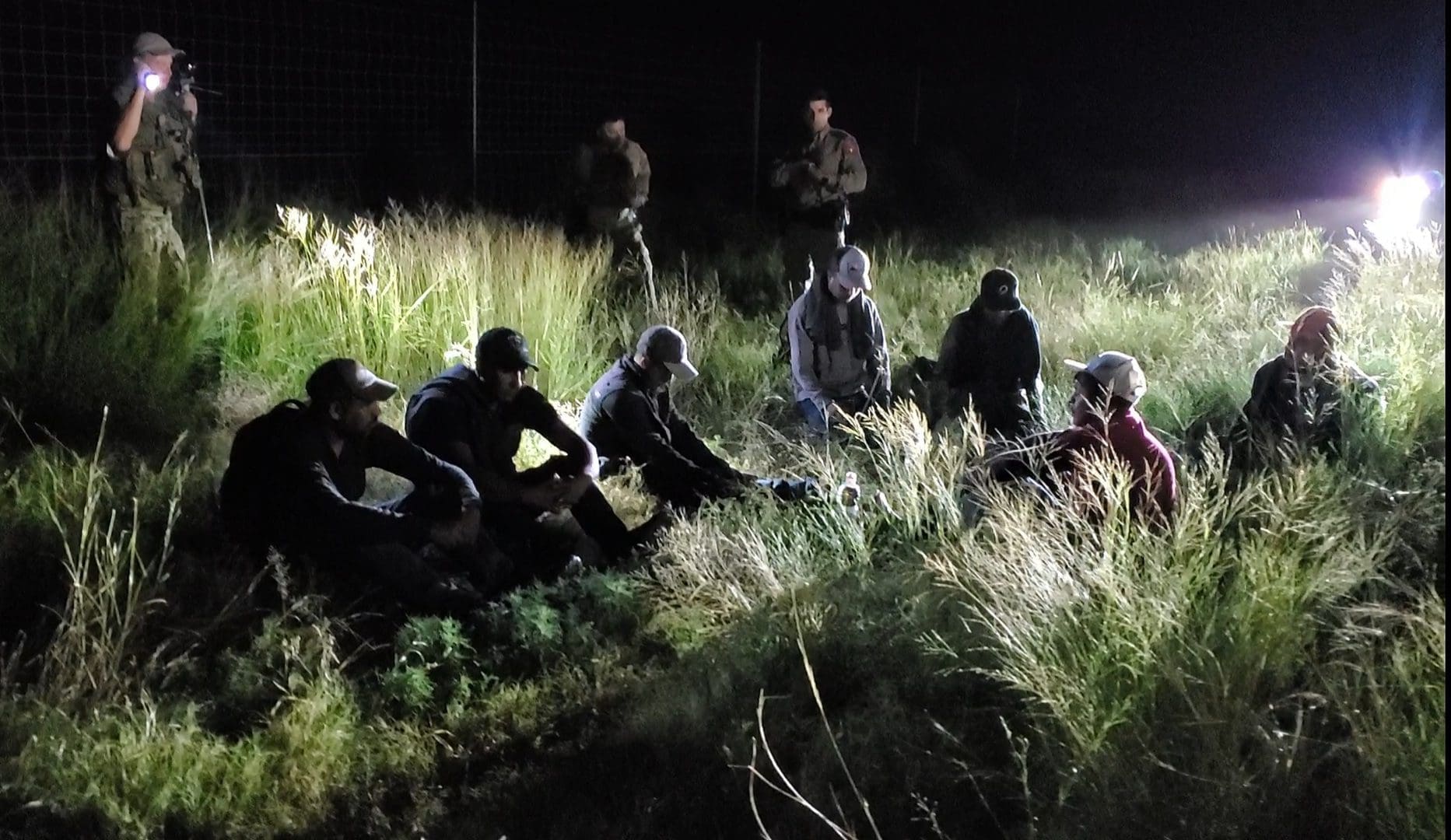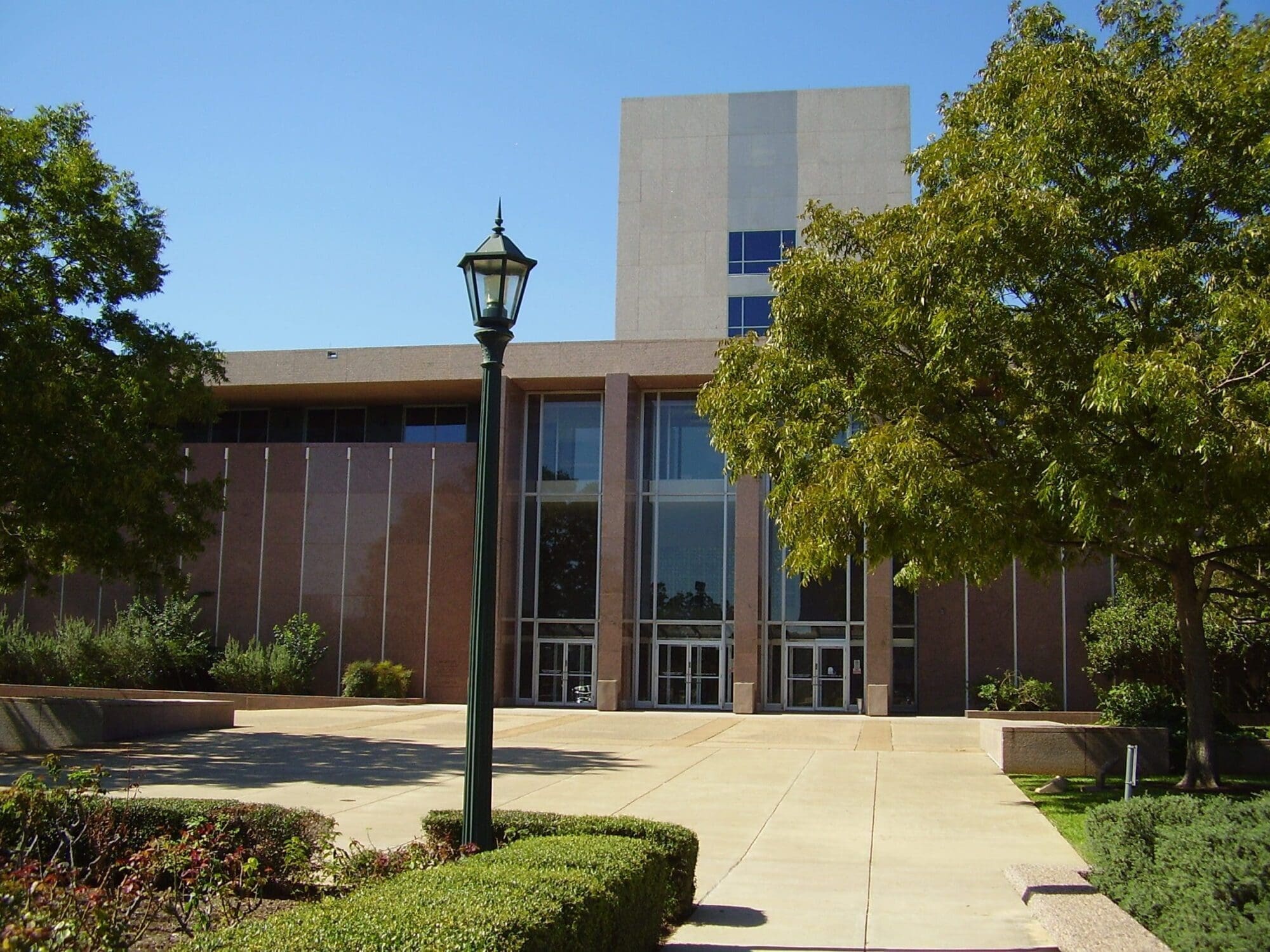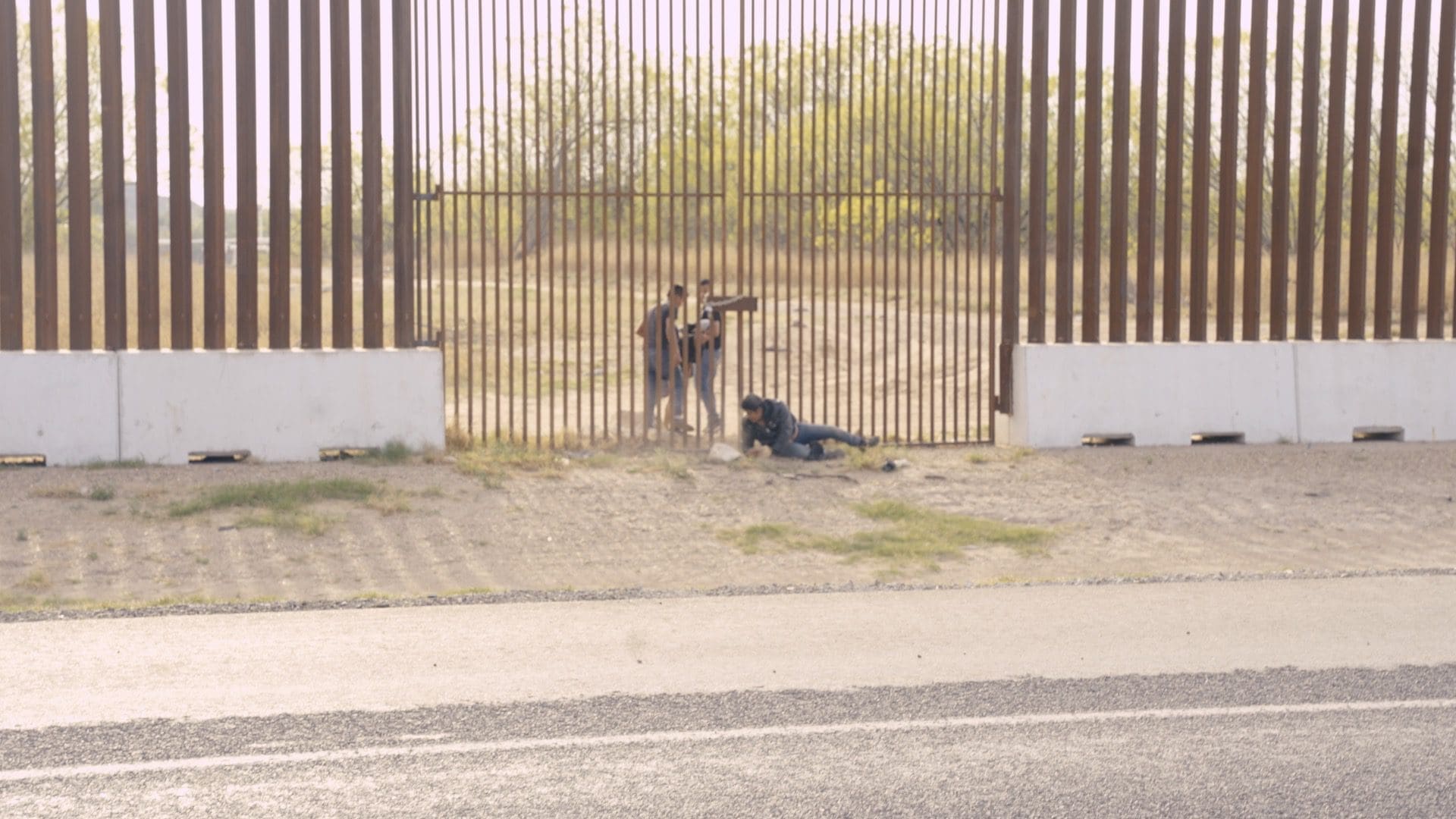For the past four years, the Biden administration allowed the border to be overrun. Texas has been left holding the bag and is now burdened by a backlog of illegal alien deportation proceedings.
Adding insult to injury of invasion, Texans are on the hook for indigent legal services rendered to illegal border crossers. But it gets worse: the entity being paid to provide indigent representation is suing the state and reportedly providing poor service.
Critics oppose this costly outlay, but the alternative—a federal shutdown of state border security efforts—could be worse.
Five months into Operation Lone Star, in August 2021, the Texas Supreme Court issued an emergency order. The order mandated that the state cover the legal bills of criminal defendants arrested under OLS who are unable to afford legal representation, otherwise known as “indigent criminal defendants.”
The court also empowered the Texas Indigent Defense Commission to appoint and compensate counsel for these indigent defendants through existing third parties. In a statement, Scott Ehlers, executive director of the TIDC, wrote that the court order “is necessary” because border counties, where most OLS arrests occur, lack sufficient attorneys and financial resources to represent the numerous additional defendants.
Then-Chief Justice Nathan Hecht cited the need to protect these defendants’ constitutional right to counsel as justification for the order. The legal backdrop against which this OLS indigent funding episode played out is the 1963 U.S. Supreme Court decision Gideon v. Wainwright, which affirmed an individual’s constitutional right to a lawyer if he can’t afford one.
While the order was necessary to shield Texas from a constitutional fight, Kinney County Attorney Brent Smith, from a border county 120 miles west of San Antonio, said this shift removed local control over appointing attorneys for indigent defendants caught under OLS.
TIDC picked the nonprofit Lone Star Defenders Office (LSDO) to supply defense attorneys to indigent defendants. LSDO is a spinoff of the Lubbock Public Defenders Office, which was embattled during OLS for its legal practices. According to its executive director, Amrutha Jindal, “roughly” 21 percent of its clients are American citizens. That means taxpayers are paying for the defense of non-citizens who make up the remaining 79 percent of LSDO’s clients.
Subverting OLS
While being tasked with representing indigent defendants, LSDO is also actively fighting Operation Lone Star. In a January 2025 post on LinkedIn, LSDO accused Texas of “anti-immigrant rhetoric” and “criminalizing Texans and immigrants.” Jindal provided no specific examples when asked.
In a statement to Texas Scorecard, Ehlers said the state agency picked the Lone Star Defenders Office and gave it a taxpayer-funded grant for up to $37.2 million from January 2024 to August 2025. According to Ehlers, more than $20 million has been disbursed thus far. He had “no comment” on LSDO’s claim that OLS is “anti-immigrant.”
While it accepts tax dollars to defend illegal immigrants, LSDO has been fighting OLS in court, alleging violations of state and federal Equal Protection clauses for treating men, women, and minors differently—men were arrested and charged with criminal trespass, while women and minors were handed to Border Patrol. Fort Worth attorney Tony McDonald called LSDO’s stance “cowardly, shameful, and embarrassing,” arguing that leniency toward women and children shouldn’t be framed as a constitutional violation.
Five months ago, the Fourth Court of Appeals sided with LSDO, but the Texas Court of Criminal Appeals rejected LSDO’s argument. LSDO appealed to the U.S. Supreme Court three months ago.
Quality of Service
There’s also been conflict over LSDO’s quality of service.
“The loss of local control to supervise the appointment and removal of indigent defense attorneys has caused concerns in court. Many fail to show proper etiquette and fail to act in clients’ best interests,” said Brent Smith. According to Smith, when SCOTX empowered TIDC to pick and pay counsel, it subverted judicial effectiveness. “It’s difficult for a judge to supervise the effectiveness of appointed counsel when they are powerless to replace them.”
In an email, Jindal wrote that LSDO had not received complaints about attorneys missing appearances. She noted that over the past year, cases from the Kinney County Attorney’s office accounted for about 2 percent of the defense program’s caseload.
Ehlers stated that TIDC had not received judicial complaints about LSDO’s performance, either, and urged judges to report issues directly to LSDO or TIDC.
On February 28, 2025, the Texas Supreme Court, with Justice John Devine dissenting, extended its order authorizing TIDC’s power over OLS-related indigent defense cases. This extension is set to expire on May 1, unless Chief Justice Jimmy Blacklock, appointed by Gov. Greg Abbott, extends it further.
Texas Scorecard asked Amy Starnes, the Texas Supreme Court’s director of public affairs, if anyone asked the court to designate TIDC as defense counsel for indigent Operation Lone Star arrestees and if anyone had approached the court prior to the February 2025 extension. Starnes didn’t respond before publication.
No ads. No paywalls. No government grants. No corporate masters.
Just real news for real Texans.
Support Texas Scorecard to keep it that way!





